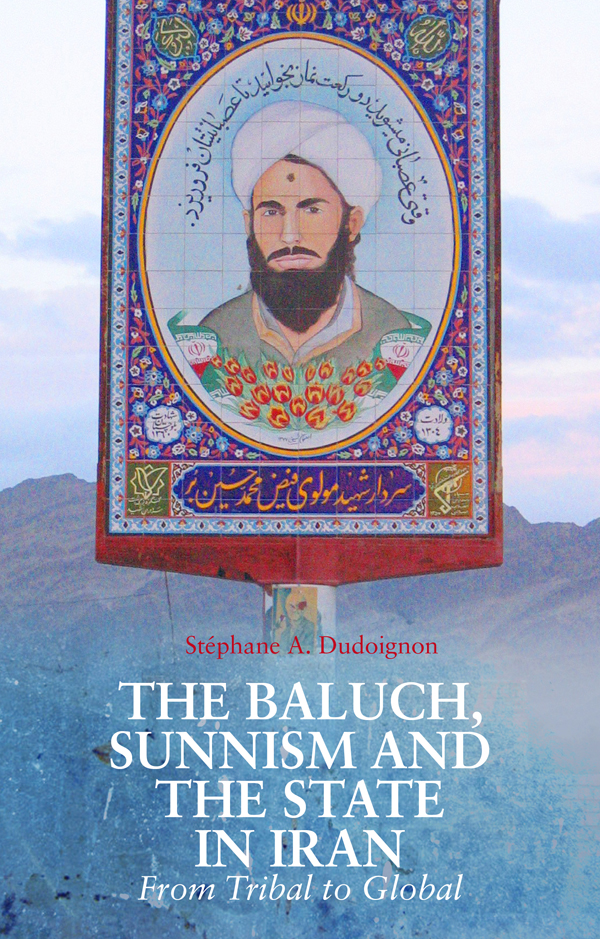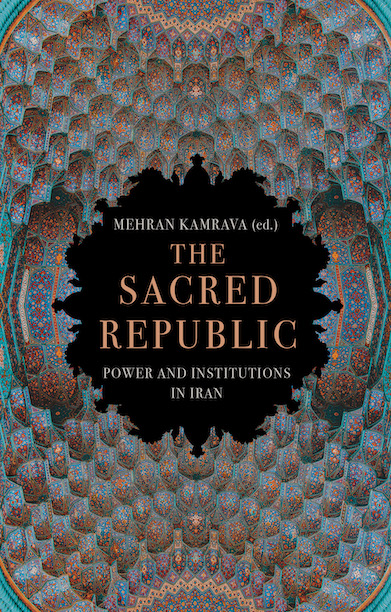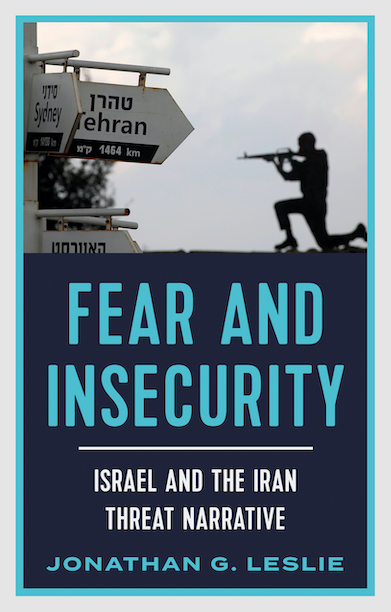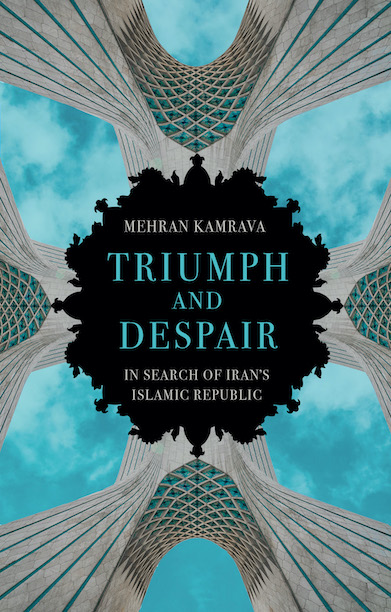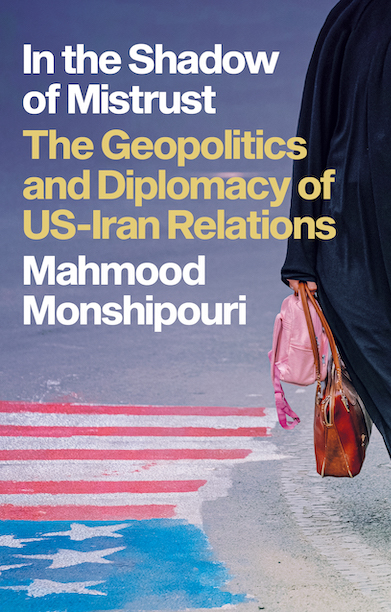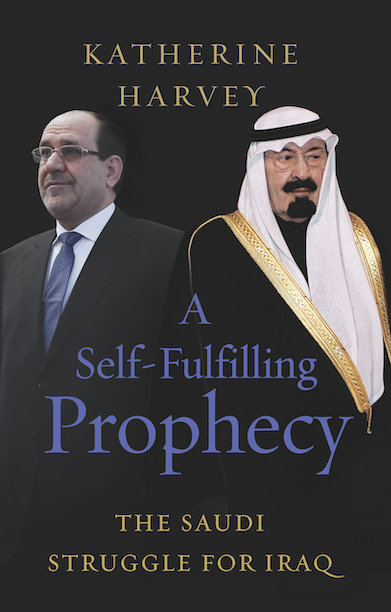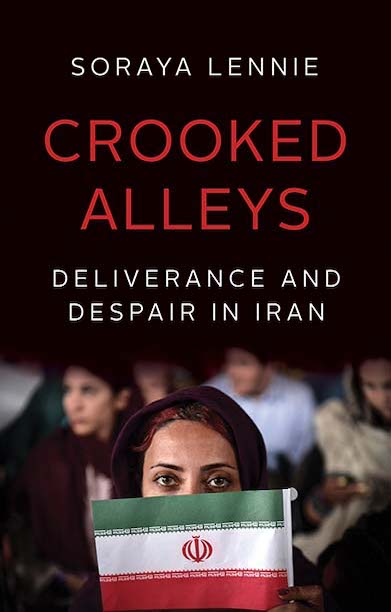The Baluch, Sunnism and the State in Iran
From Tribal to Global
Part of the CERI/Sciences Po. seriesThis fascinating study explores the emergence of a significant Sunni community on the margins of Shia Iran and delineates a ‘Sunni arc’ stretching from Central Asia southwards through the Iranian provinces of Khorasan and Baluchistan.
Description
Since 2002 Sunni jihadi groups like Jaysh al-‘Adl have been active in Iranian Baluchistan, yet the region remains relatively stable. Dudoignon’s book shows that the key reason for this is Tehran’s cultivation of good relations with Sunni ulama in the Sarbaz area in Baluchistan, a policy that began after World War Two.
Educated in the socially conservative south-Asian Deobandi school of Islam, the Sarbaz ulama have conspicuous transnational connections and yet have been valuable to Iran’s governments. They were recruited by the Pahlavi Shahs as a bulwark against Soviet influence, and they rallied to Ayatollah Khomeini in 1979 before playing a small part in the anti-Soviet Afghan jihad.
This book shows how this confessional network, through their hegemony in eastern Iran and their alliance with the Kurdish-born Muslim Brothers, has prevented the rise of Sunni radicalism in Iran since 1997 through the promotion of a ‘Sunni vote’. It highlights, too, the capacity of the Islamic Republic to transform a nascent ‘Sunni community of Iran’ into an asset, through Ayatollah Khamenei’s policy of ‘national union and confessional concord’.
Reviews
‘This brilliant book offers a bold and penetrating reinterpretation of the modern history of Iran and of Muslim politics more broadly. Dudoignon’s revelatory and exhaustive study masterfully recasts our understanding of Sunni-Shia relations by illuminating the intricate ties linking Sunnis to the state, to global religious networks, and to regional geopolitics.’ — Robert Crews, Associate Professor of History and former director of the Center for Russian, East European & Eurasian Studies, Stanford University
‘This landmark publication expands our understanding of the modern Middle East by focusing on the unique feature that historians neglect: tribes. Dudoignon uses his ethnographic research among the Baluch to show how, even in the largest and most urban countries, like Iran, tribes are integral to the larger political process.’ — Brian Spooner, Professor of Anthropology, University of Pennsylvania Middle East Center
‘This book is the product of stellar scholarship. Dudoignon traces the roots of ethnic and religious grievances in Baluchistan, Iran’s most unstable region, and skillfully places the Baluch question in the present power rivalries of the Middle East.’ — Alex Vatanka, Senior Fellow, Middle East Institute and author of Iran and Pakistan: Security, Diplomacy and American Influence
‘This lively book, based on extensive field, archive and literary research, skilfully unravels the complex religious, politico-economic and tribal history of the Baluch. Dudoignon exposes their important links with other Sunnis of the region, exploring how these networks and movements have engaged with the Iranian state, its internal politics and international powers.’ — Richard Tapper, Emeritus Professor of Anthropology, SOAS University of London
Author(s)
Stéphane A. Dudoignon is a CNRS Senior Research Fellow at EHESS (Paris). He works on the emergence of counter-elites out of marginal ethno-social groups in the modern Middle East and Central Asia, and is co-editor of Allah’s Kolkhozes: Migration, De-Stalinisation, Privatisation and the New Muslim Congregations in the Former Soviet Realm (1950s–2000s).
